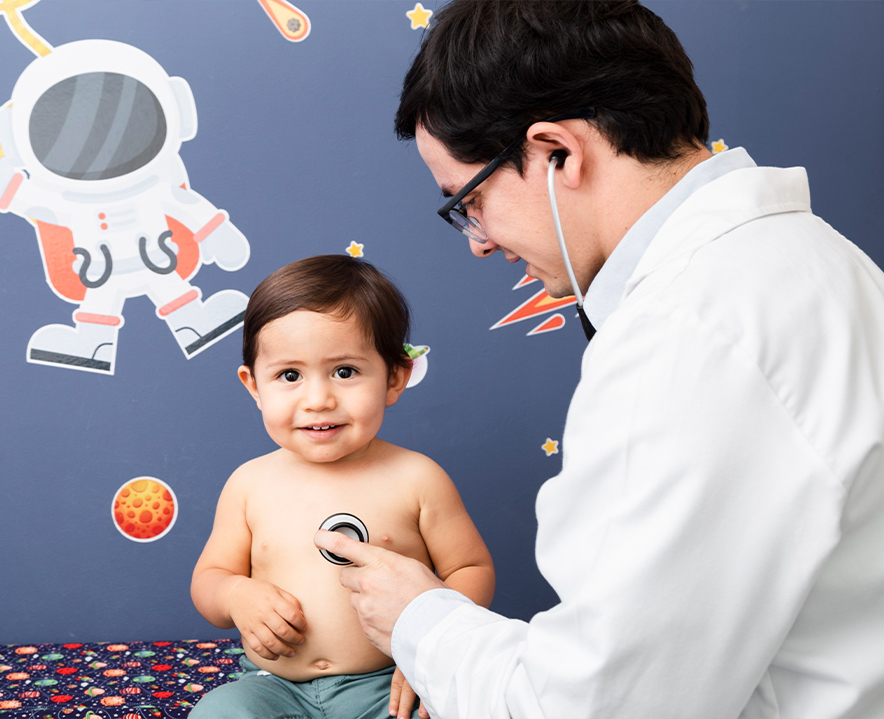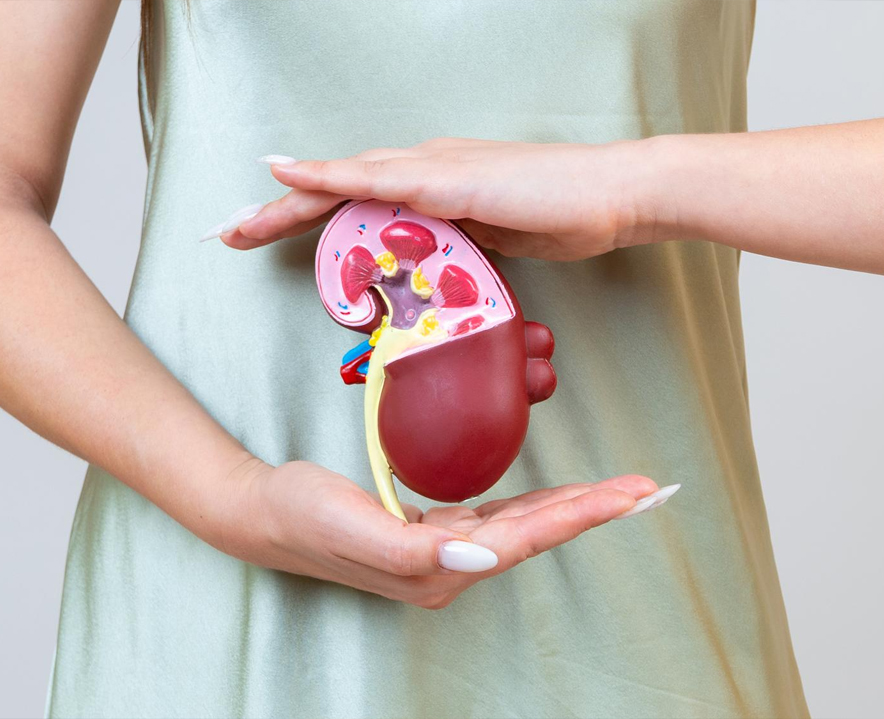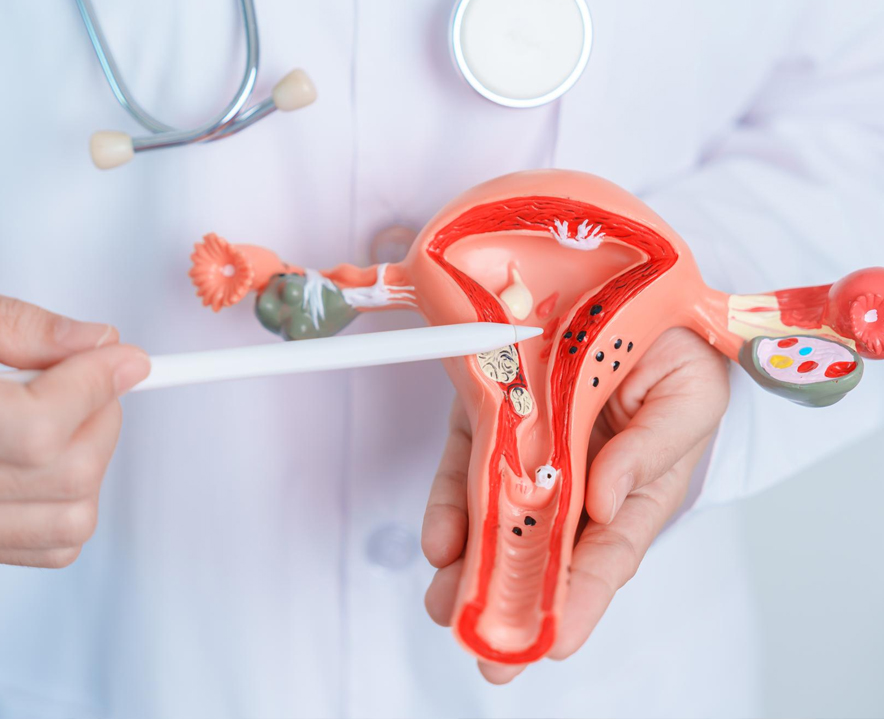Did you know? Bedwetting after a certain age in kids may suggest kidney or bladder problems. By filtering waste items from the blood, balancing fluids, and regulating electrolytes, the kidneys play a critical role in overall health. Children’s health and well-being are vital, especially when related to their kidneys; identifying the indications and symptoms of possible issues is essential. In this blog, we will explore: What are the primary common
Pediatric Nephrology diseases and symptoms of probable kidney issues in your little ones.
Kidney issues symptoms in kids:
The kidneys issue symptoms that may indicate underlying health risks for their children.
- Increased urination frequency.
- A previously dry child develops bedwetting.
- Urination pain or discomfort.
- Urine that is dark in colour or contains blood.
- Edema (swelling) of the face, around the eyes, or in the legs and ankles.
- Fatigue and weakness that persist.
- Poor growth or failure to thrive.
- High blood pressure that is identified during normal checkups.
- Fever that comes and goes without explanation.
- Nausea and vomiting that may or may not be related to other illnesses.
- Appetite loss.
- Joint stiffness and discomfort.
Common Pediatric Nephrology disease:
Common kidney problems in children might vary, however, the following are some of the most common:
- Urinary Tract Infections (UTIs): UTIs, which are frequent in children, can affect the kidneys, bladder, and other areas of the urinary system, demanding immediate treatment to avoid complications such as kidney infections.
- Glomerulonephritis: Glomerular inflammation can be transient or chronic, caused by infections, autoimmune illnesses, or hereditary causes.
- Haematuria: Haematuria is the presence of blood in the urine caused by a range of disorders such as infections, trauma, or glomerular diseases.
- Polycystic Kidney Disease (PKD): PKD is a genetic condition that causes fluid-filled kidney cysts in children. It can be autosomal recessive or autosomal dominant.
- Kidney Stones: Kidney stones, although less common in children, can still happen due to factors like dehydration, metabolic disorders, or urinary tract abnormalities.
- Acute Kidney Injury (AKI): AKI is a sudden and often reversible decrease in kidney function, often triggered by dehydration, infections, or certain medications.
- Renal Tubular Acidosis (RTA): RTA is a condition in which the kidneys are unable to appropriately acidify the urine, resulting in acid-base imbalances in the body.
- Congenital Anomalies of the Kidney and Urinary Tract (CAKUT): CAKUT refers to birth-induced structural abnormalities in the kidneys or urinary tract, such as kidney malformations, ureter abnormalities, and bladder issues.
- Nephrotic Syndrome: Nephrotic syndrome is a condition characterized by protein in the urine, low blood protein levels, high cholesterol, and swelling, triggered by various glomeruli-related issues.
- Wilms Tumor: Wilms tumor, a kind of kidney cancer that mostly affects children, necessitates early discovery and treatment for a positive prognosis.
Identifying the causes of kidney disease in children is important for both prevention and quick treatment. Kidney disease in children can be caused by congenital disorders, infections, genetics, medications, and autoimmune diseases, requiring collaboration with a pediatric nephrologist for early intervention.
Bottomline:
Identification and treatment of renal problems in children require particular knowledge and expertise. pediatric nephrology is a discipline that addresses the unique needs of children with kidney disease. proactively addressing symptoms like urination changes, back pain, swelling, and blood in the urine can significantly improve a child’s health and well-being. Early discovery, prompt intervention, and continued management are critical components in providing the best possible results for pediatric patients with kidney issues.







